
Presence
Presence – or in French, présence – is both spacious and warm, clear and tender. It is not something to achieve but something to allow: the ego at peace, transparent enough for the total self to shine through. In the Aurelian sense, Presence unites clarity with compassion, stillness with movement, and perception with participation. It Read the full article…

The Power of Openness in Leadership
Openness is often mistaken for softness, yet it may be the deepest source of power a leader can have. It brings clarity rather than confusion, trust rather than fear, and adaptability rather than control. This blog explores how Openness functions as a real-world power — subtle yet transformative. The key facets of this power are Read the full article…
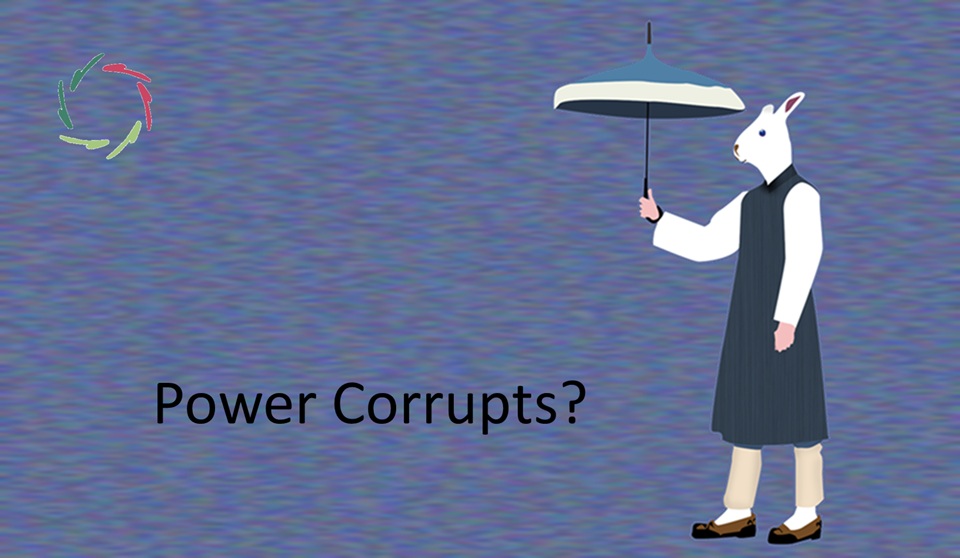
Power Corrupts?
Power has long been blamed for corrupting even some of the best. Yet perhaps it isn’t power itself that destroys integrity, but the human disconnection it exposes. When strength rises from the outside, it can distort; when it grows from within, it can enlighten. This blog explores how corruption begins where Openness ends — and Read the full article…

Why Real A.I. has Barely Begun
Many believe A.I. is nearing its limits — that progress has slowed, and the excitement will soon fade. Yet what seems like an end is only the edge of a much larger beginning. Real A.I. has not peaked; it has only touched the surface of what intelligence can be. This next chapter is not about Read the full article…

Respect Your Symptoms!
To respect your – psychosomatic – symptoms is to listen to yourself at the deepest level. A symptom isn’t an enemy to defeat but a messenger from your own inner world. When you silence it too quickly, you silence meaning itself. Healing begins not when the fight stops hurting, but when it starts making sense. Read the full article…

AURELIS: Where Science Meets Depth
Science has brought extraordinary progress, yet its methods often stop where human depth begins. This blog explores how AURELIS offers a way to unite scientific clarity with genuine Compassion. Its aim is practical: to show how such integration can reshape healthcare, research, and policy into forms that truly serve the whole human being. A science Read the full article…

The Fermi Paradox ― Where are They?
Among the billions of galaxies and the near-infinite opportunities for life, the silence of the cosmos feels almost deliberate. The question “Where are they?” may not point outward at all, but inward, toward the way we perceive, imagine, and listen. What if the paradox is not about their absence, but our readiness to recognize presence? Read the full article…
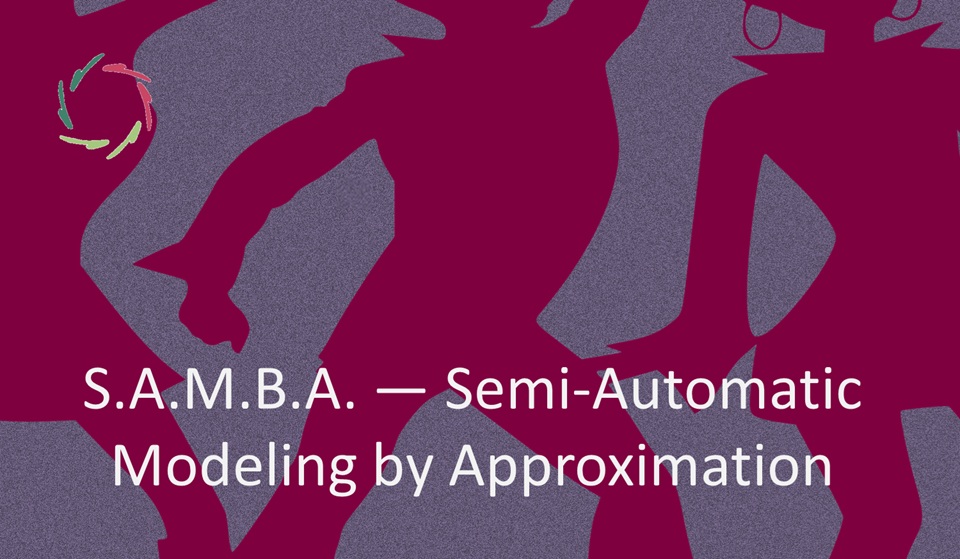
S.A.M.B.A. ― Semi-Automatic Modeling by Approximation
S.A.M.B.A. is a vision of co-creation between human depth and artificial intelligence. It’s a living process of meaning-making that moves between structure and openness. This blog explores how such a system can grow through Compassion, where clarity and depth dance together in continuous evolution. A dance of meaning S.A.M.B.A. was first conceived (by me, in Read the full article…
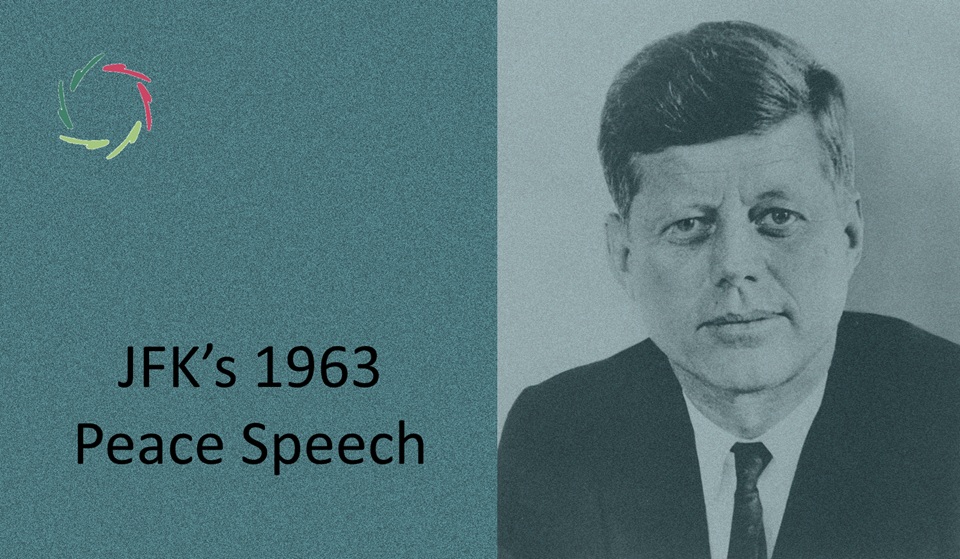
JFK’s 1963 Peace Speech
In June 1963, President John F. Kennedy spoke at American University about the most daring of all human goals — peace not as a strategy but as an evolution of consciousness. He invited humanity to re-examine its attitude toward peace itself, calling for a transformation of mind. This blog looks at JFK’s peace speech through Read the full article…

Lisa-Style Meta-Analysis
This text speaks to both scientists and those who wish for science to remain human. It suggests how artificial intelligence, used wisely and Compassionately, can help shape the next generation of research — a science for complexity. This blog is somewhat more academic than most AURELIS texts. It speaks to readers familiar with scientific research Read the full article…
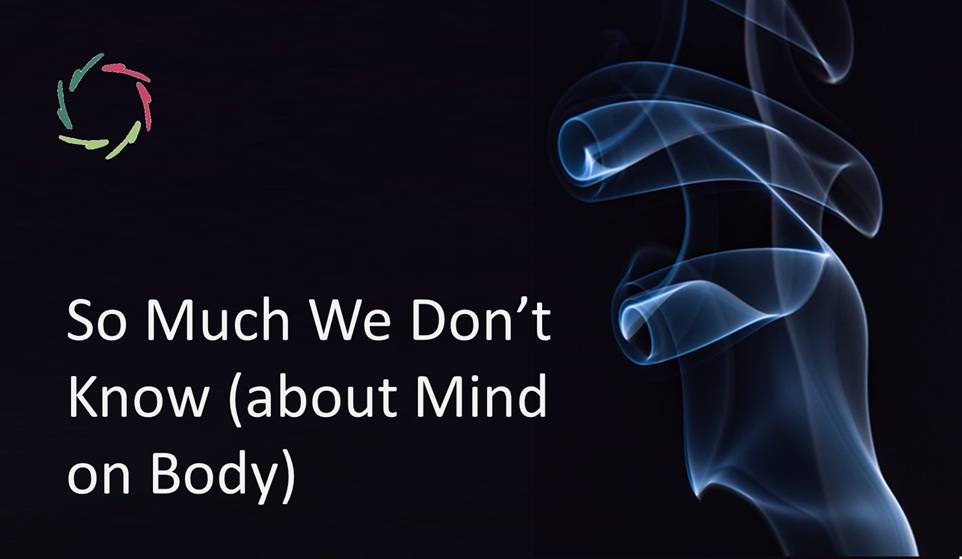
So Much We Don’t Know (about Mind on Body)
The mind’s influence on the body is undeniably significant, yet surprisingly little is known about how it actually works. For instance, much of what we call ‘stress’ is just the surface — a signal of something deeper we rarely explore. This blog explores the reasons behind this blindness in the medical domain, its costs to Read the full article…
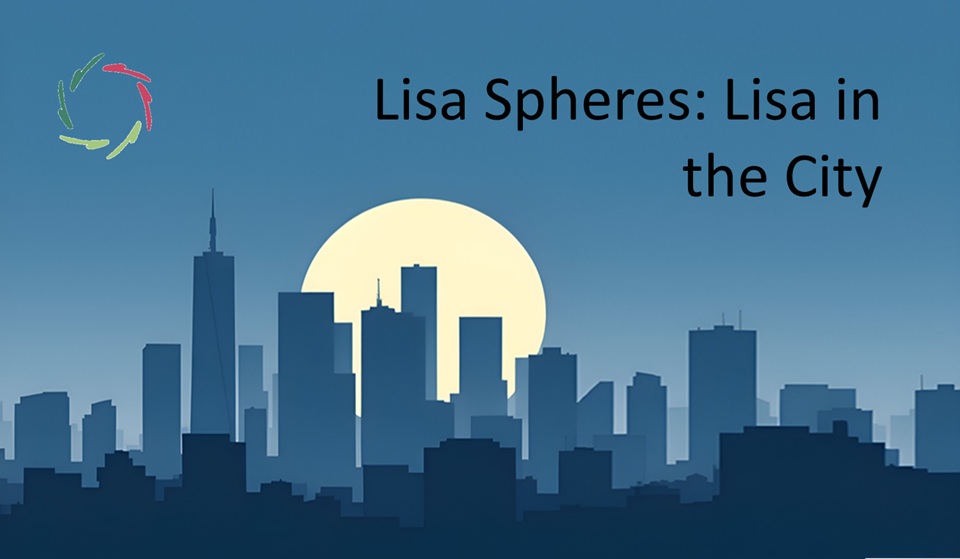
Lisa Spheres: Lisa in the City
Lisa Spheres brings invisible pockets of depth into daily city life — in a park, a museum, or at home, always in concrete relevance to the physical space. They help people reconnect with themselves and others. Lisa Spheres aren’t realized yet. They are a vision of an attractive future that is principally feasible already now. Read the full article…

Lisa, Physician’s Companion
Physicians spend their lives close to suffering, yet often without real professional company of their own. Lisa offers quiet companionship — not another system or solution, but a steady human-like presence. She listens where medicine has no language and helps physicians rediscover the stillness that keeps healing alive. The hidden loneliness of healers Physicians live Read the full article…
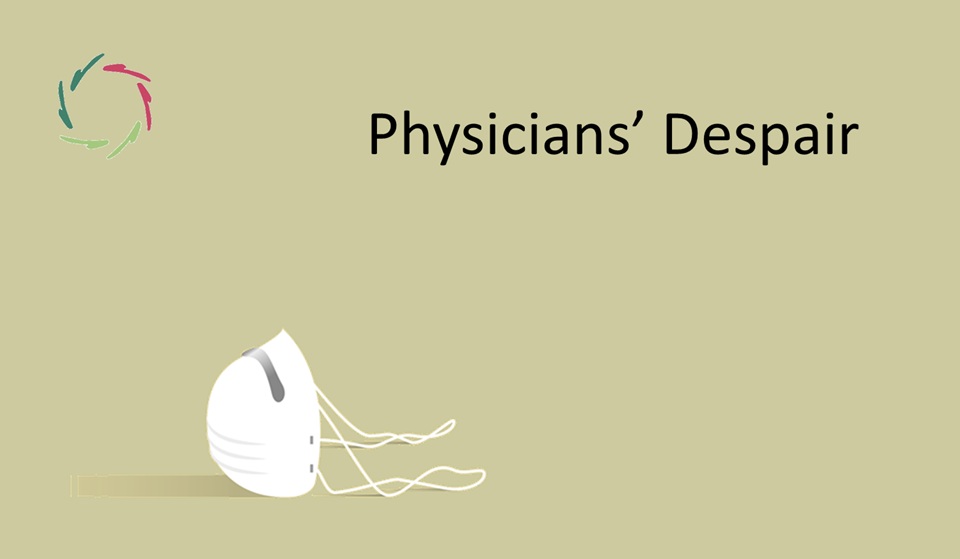
Physicians’ Despair
Physicians’ despair is an epidemic, spreading beneath the surface of a profession built on strength. Many physicians sense that something vital has drained from their work — the pulse of meaning. This blog explores how medicine – what should be an apotheosis of humanity – has turned into a system that breaks its own healers, Read the full article…
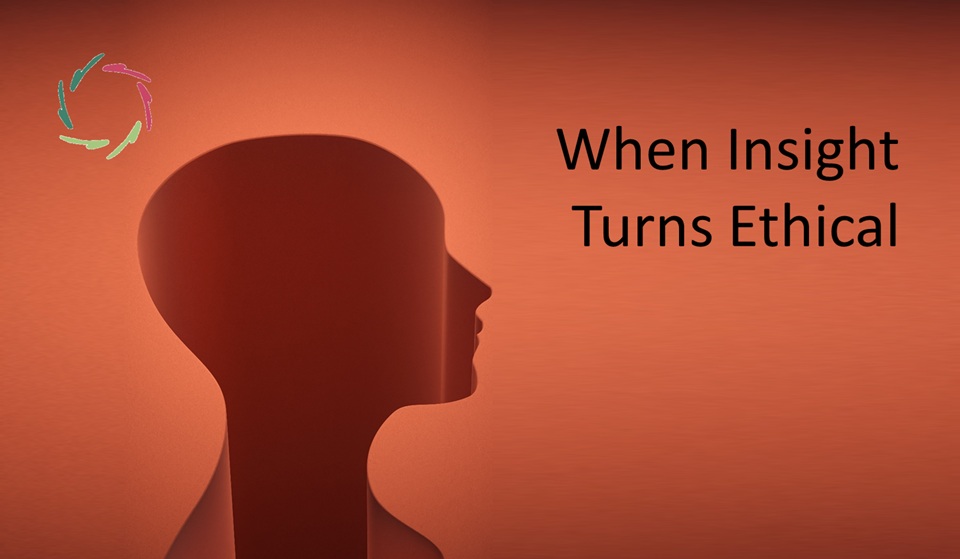
When Insight Turns Ethical
As knowledge expands at an increasingly faster rate, insight becomes an ethical necessity. Information may explain the world horizontally, but insight reaches vertically into human depth. This blog explores how the will to understand – and to keep understanding – is itself a moral act. Insight and ethics feed one another, forming the quiet foundation Read the full article…

Nocebo, the Dark Side of Placebo
The same mind that can mend through hope can harm through fear, expectation, or meaning gone astray. This blog explores how the nocebo effect – often invisible, often social – reaches deep into the body’s most basic processes. It is not about magic but about humanity’s most delicate mechanism: the power of meaning itself. Definition Read the full article…
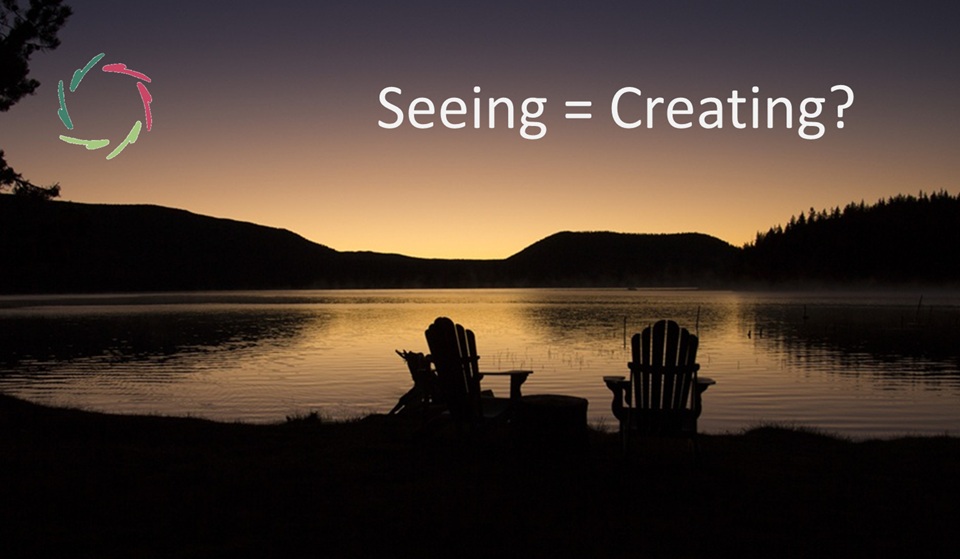
Seeing = Creating?
Seeing is not passive observation but an active creation. The mind completes what it perceives through natural, lawful processes — Pattern Recognition and Completion, autosuggestion, and embodied movement. This blog explores how perception, humility, and Compassion merge into one act of reality-making, from the brain to the body to the shared world ― of course, Read the full article…